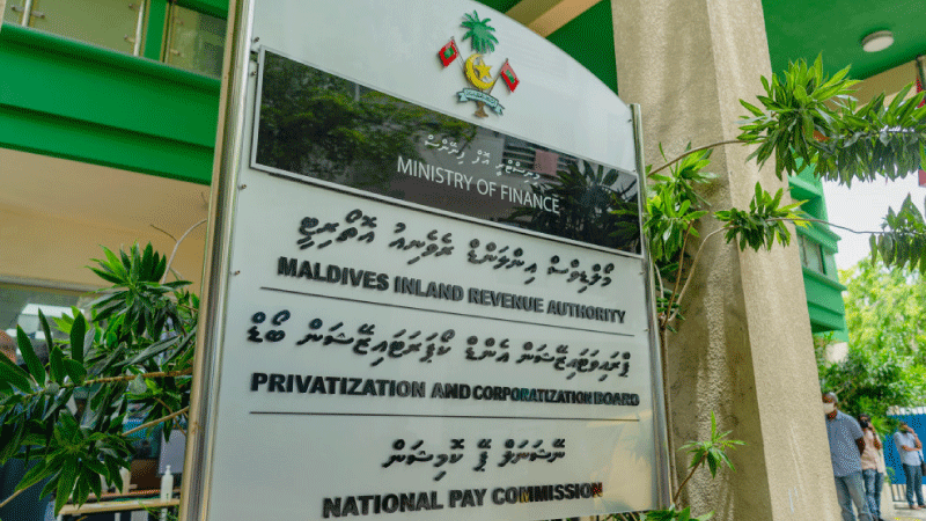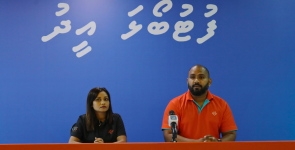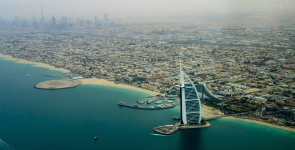The Ministry of Finance has stated that the government’s decision to halt state overdrafts will not adversely affect cash flow, given access to loan facilities and the ability to generate projected income outlined in the state budget.
During the COVID-19 pandemic, the government initiated the process of printing money and overdrawing from public accounts to address cash flow concerns. The termination of this practice comes as the government aims to adopt a more sustainable approach.
Over the past three years, the government’s overdraft reached MVR 8.2 billion, mainly allocated to state cash flow management, according to statistics from the Maldives Monetary Authority (MMA).
Responding to media queries, Ahmed Saruvash Adam, Chief Financial Budget Executive of the ministry, clarified that the overdraft facility, capped at MVR 2 billion, cannot be used for cash flow management. He emphasized that with a deficit budget, debt acquisition is crucial, and if debt inflows and revenues are received, cash flow management will not be a challenge.
The parliament approved a 2024 state budget of MVR 49.8 billion, including an additional MVR 300 million from the initial proposal. The state anticipates annual revenue of MVR 33.5 billion with a deficit of MVR 16.3 billion, to be covered by internal and external debts.
While the government plans to secure MVR 10.4 billion in external debt, the remainder will be obtained as internal debt. Historically, the state struggles to meet projected revenues, leading to supplementary budget approvals by the parliament.
The government converted the entire MVR 8.2 billion overdraft from the Public Bank Account (PBA) into a long-term bond through securitization. The maximum overdraft limit from PBA, initially set at MVR 4.4 billion in 2020 and extended until 2022 by the parliament, has now been eliminated, aligning with the government’s commitment to discontinuing this practice.



















